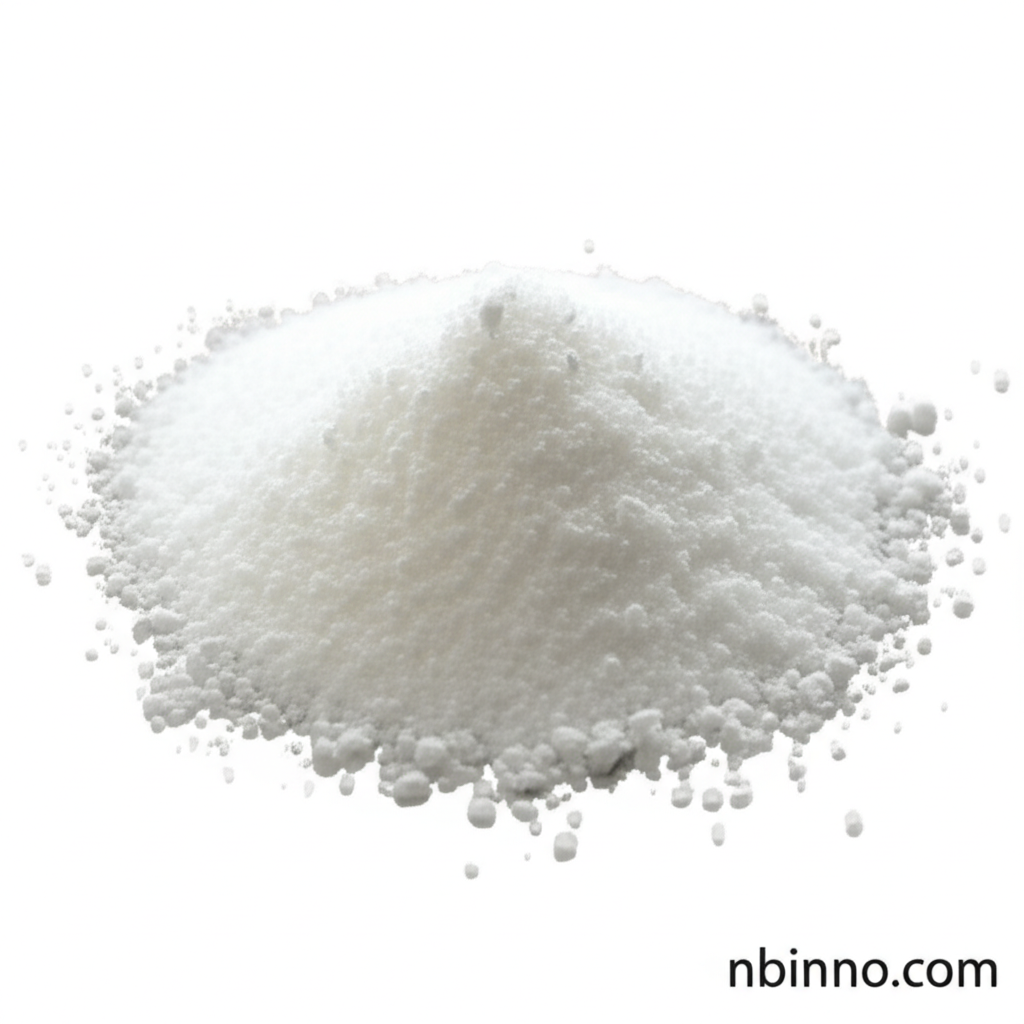1,2-Dimethylhydrazine Dihydrochloride (CAS 306-37-6): Properties & Applications
A detailed look into a key fine chemical for research and synthesis.
Get a Quote & SampleProduct Core Value

1,2-Dimethylhydrazine Dihydrochloride
This compound is primarily recognized for its utility in chemical synthesis and as a specialized research chemical. Its properties make it valuable for specific experimental protocols, particularly in biological research where it acts as a mutagen.
- Understanding the chemical properties of 1,2-Dimethylhydrazine Dihydrochloride is crucial for safe handling and effective use.
- Exploring 1,2-Dimethylhydrazine Dihydrochloride applications reveals its role in scientific research.
- Sourcing 1,2-Dimethylhydrazine Dihydrochloride from reliable suppliers ensures product quality and consistency.
- The CAS 306-37-6 identifier is key for accurate product identification and procurement.
Key Advantages
Specific Mutagenic Properties
Leveraging the specific mutagenic properties of 1,2-Dimethylhydrazine Dihydrochloride, researchers can effectively induce experimental models for studying diseases like colon cancer, aiding in the development of new treatments.
Defined Chemical Specifications
The compound's clearly defined chemical specifications, including its melting point and solubility, allow for predictable performance in laboratory settings, ensuring reproducibility of experimental results.
Facilitates Chemical Synthesis
As a fine chemical, it serves as a valuable building block or reagent in various chemical synthesis pathways, contributing to the creation of more complex molecules.
Key Applications
Research Reagent
Widely used as a research chemical, particularly in toxicology and cancer research, to study the mechanisms of carcinogenesis. The ability to buy 1,2-Dimethylhydrazine Dihydrochloride is essential for many lab protocols.
Chemical Synthesis
Acts as a precursor or reagent in the synthesis of various organic compounds, contributing to advancements in material science and organic chemistry.
Toxicological Studies
Its role as an experimental inducer of colon tumors makes it a critical tool for toxicological studies and the validation of diagnostic methods.
Laboratory Use
Essential for routine laboratory work that requires precise and well-characterized chemical reagents for analytical or experimental purposes.
